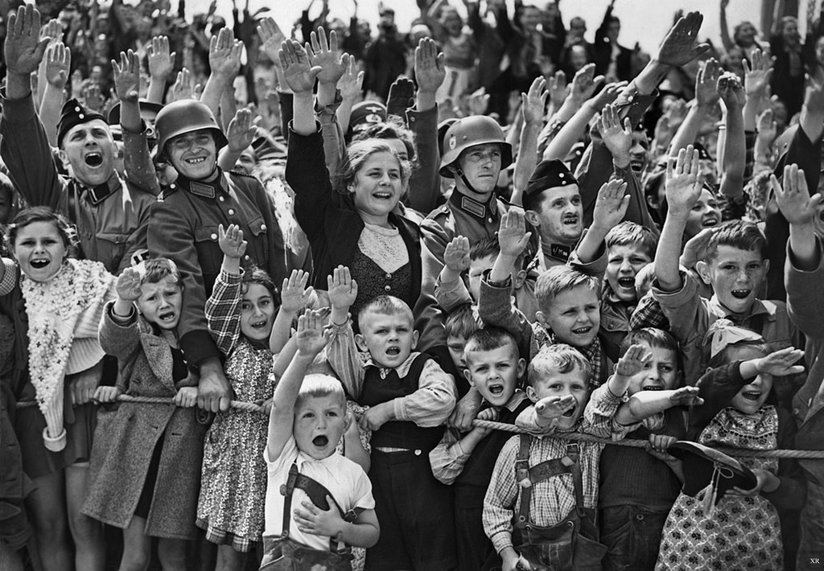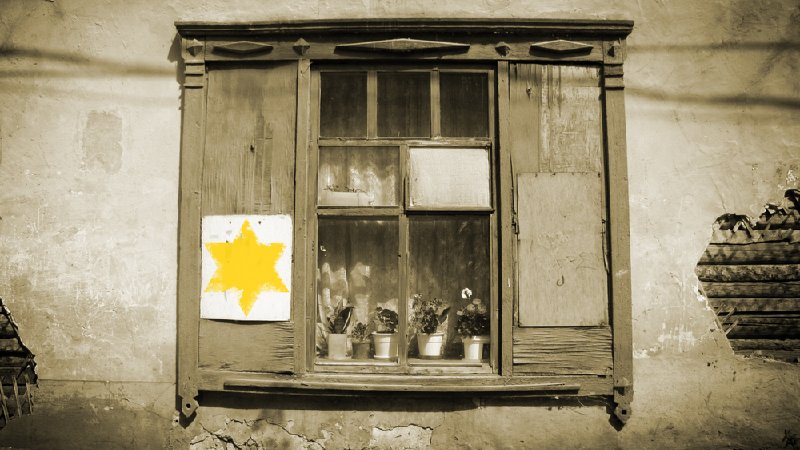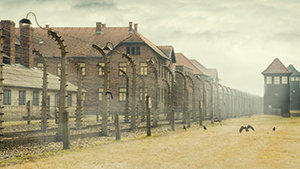
-
HOME
-
WHAT IS STANDOur Mission Our Values Our Help Contact
-
WHAT WE FIGHT FORReligious Freedom Religious Literacy Equality & Human Rights Inclusion & Respect Free Speech Responsible Journalism Corporate Accountability
-
RESOURCESExpert Studies Landmark Decisions White Papers FAQs David Miscavige Religious Freedom Resource Center Freedom of Religion & Human Rights Topic Index Priest-Penitent Privilege Islamophobia
-
HATE MONITORBiased Media Propagandists Hatemongers False Experts Hate Monitor Blog
-
NEWSROOMNews Media Watch Videos Blog
-
TAKE ACTIONCombat Hate & Discrimination Champion Freedom of Religion Demand Accountability
The Fragility of Hate
The speaker, far away on the rostrum, reveling in the approbation of the thousands who had assembled to hear him, had just finished his address with the resounding words, “Lift up your hearts and have faith… We WILL live to see freedom, honor and social justice for all!”
“I just know he’ll protect me,” the middle-aged matron said, wiping away her tears. “I don’t have to be afraid anymore.” She found agreement with her friend who had accompanied her to the rally. The two women, standing with the others in the back of the hall, trembled with joy and hope.

And with a final, “Long live Germany! Long live our Aryan race!” the speaker waved and saluted the multitudes in the hall. The crowd echoed the refrain with a roaring chant, the two women, arms around each other now, chanting along. It was Berlin, April 4, 1932. The speaker, Adolf Hitler, gave a final salute—answered by a thunderous “sieg heil!” from the throng—and left the stage.
If you took the lifespan of our planet and condensed it—all of it—from a roiling wad of molten what-have-you, on through to the first appearances of single-celled life, to the various geological and paleontological epochs of invertebrates, dinosaurs, mammals, ice ages, and deluges and through to this very moment—if you condensed all of that time into just one 365-day year, the appearance of our species, homo sapiens, would occur at about 11:45 pm on the very last day of the year, December 31, and our actual recorded history would commence at about two minutes to midnight.
Hate is a new thing—just minutes old in the eye of God.
So in the whole cosmological scheme of things, we are rather new under the sun, a spark at the very end of the year. Literally a couple of minutes.
From the perspective of this planet and possibly the whole universe, then, Hate has existed for less time than it takes to boil an egg. It’s a new invention, courtesy of—and exclusive to—homo sapiens. What a rare, utterly ephemeral thing, then, is hate. How fragile, how frail. No wonder it has to be nurtured and helped to continue existence in what must be, to it, a most unwelcome environment.
Demagogues, such as Hitler above, have helped hate survive and grow. And they have been aided and abetted by their brothers and sisters in the media—not all, by any stretch, but enough to lend credit to their spewings. In our own time, the social veneer, jacket, tie and nice budget, may make it appear legit but it’s just “sieg heil!” in different clothes.
Hatred is also nourished by those who don’t want any trouble. These are the apologists who say, “There are fine people on both sides,” or “Let’s just talk this out,” who don’t want to confront—and therefore fail to condemn—the obvious. Those well-intentioned, intentionally blind people, those “good Germans” of the 1930s, as well as the reasonable, temporizing folk of our own time, contribute as much to the persistence and enabling of hate as do the demagogues, media and the haters themselves who revel in it.
Yes, hate is a new thing—just minutes old in the eye of God.
Will it last?
Only time will tell.









